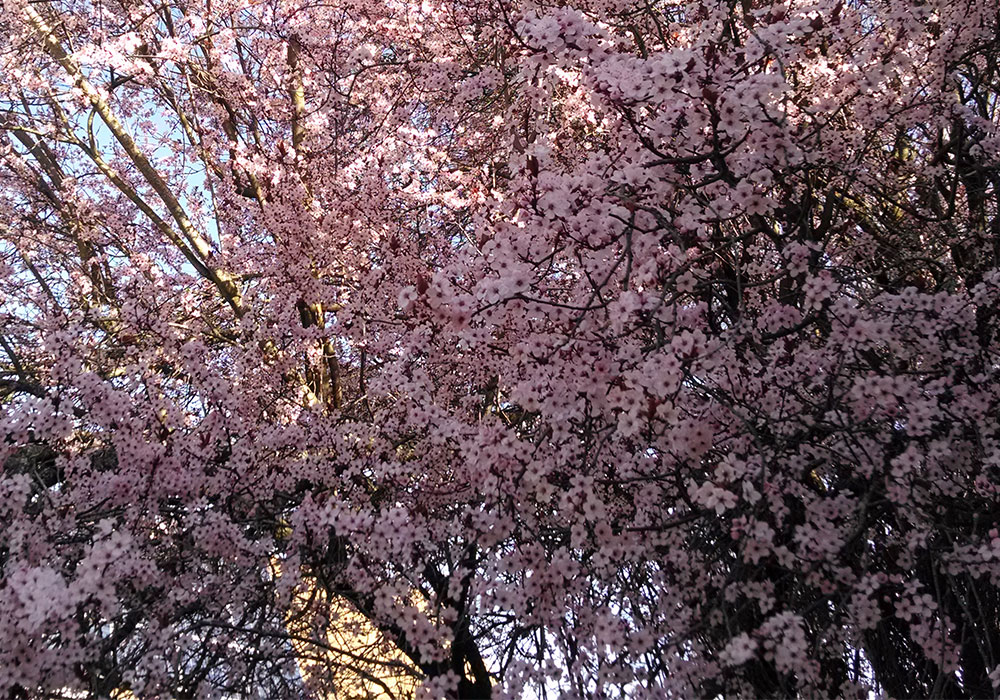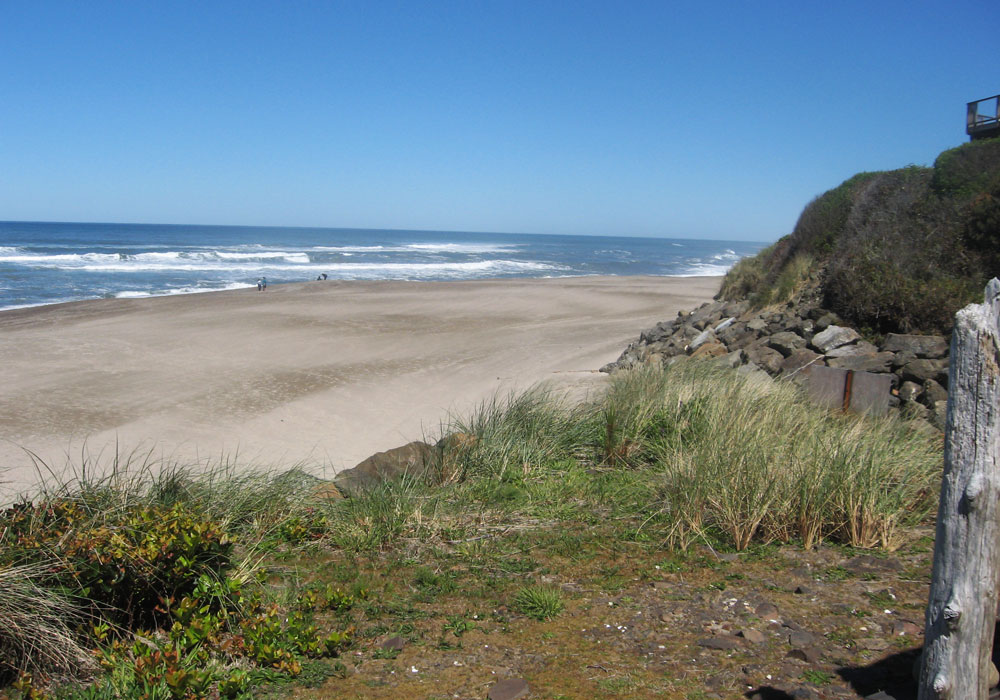
As a former university professor, I am not new to plagiarized submissions for assignments that require writing. Yet, I do admit surprise that plagiarism has shown up during my ten-year stint as editor of a newsletter for a nonprofit group. Thankfully, I don’t see plagiarism often—and from only one individual. When they are submitted, I find that these submissions often contain additional material (i.e., they are not entirely copied from another source), and that errors and misleading statements typically abound in the additions. This is so even though one of the positive features of the Internet is that it increases both the ease and speed of getting the facts. In contrast, the Internet in particular makes being a copycat rather than an original easier now than ever before.
A Recent Example
A recent submission to the newsletter, for example, cites generally (publication and date) a source for the stated “information and statistics” provided. It contains six paragraphs.
Paragraph 1: Half is word for word from a source other than the one cited. Additional text spells out the URL of a website and indicates that a link there is not functional, although the link worked fine the day I received the submission.
Paragraph 2: The two sentences of this paragraph provide incorrect information about the who and the where, although correct information was readily available at the time of submission. I did not search for the source, if any.
Paragraph 3: Words and ideas are very (i.e., too) closely paraphrased from the source cited.
Paragraphs 4, 5, and 6: Words are—well, word for word from the source cited.
I do encourage and value submissions; I appreciate as well as respect the time, care, and thinking that people put into contributing information and ideas. Even so, copying the work of others is none the less unacceptable—for all of us.
Why Copy?
My sense has been that those who copy may do so for lack of time, lack of confidence in writing, or simple laziness. Perhaps the practice stems from lack of time for the newsletter, too. Perhaps it is based in lack of confidence in writing as well. Or perhaps it is simple laziness. Given that submissions are not assignments, none of this makes much sense to me. I have raised the issue with the contributor—to no avail. Perhaps it is related to ego in the sense that “the more press, the better” and copying makes it easier to get more. There may be no way to ever know.
We all have much to share about our interests and concerns. We all can do better than this.
Steps Toward Being Original
Taking steps to avoid plagiarism in our writing may involve learning, especially for those who are young, inexperienced, or both. Yet, in valuing integrity, personal and professional, we do need to take such steps. In this, consider the following:
Be original. Your own words are to treasure. They are the means for speaking your own truth.
Be respectful of your own words as well as those of others. Appreciate those of others, but do not steal them.
Be responsible in getting the facts and keeping them straight. Double check—and consider checking several sources for the same information whenever in doubt.
Be careful in using the “information and statistics” you cite. Relay them in your own way, with your own words, and take extra care to maintain context.
Be aware that entering your name below the headline of even a press release is unacceptable, too—unless you were the one who wrote the release.
Also be aware that writing a portion of a work on your own and then using someone else’s words as your own for the remainder is just as unacceptable as taking all of the words from someone else’s work. We have time-honored devices known as quotation marks for this kind of thing.
Be vigilant in choosing resources that are credible, whether books, journals, or other print materials. Yes, they may contain errors at times. We’re all human after all . . .
Be particularly careful in selecting materials from the Internet. As is well known, information on the Internet is not checked for quality or accuracy, and making distinctions among websites can be difficult at times. As a start, keep in mind that websites such as those of academic institutions, professional journals, professional organizations, government agencies, and libraries generally contain more credible information than do Wikipedia, blogs, and websites selling a product. That said, Wikipedia, blogs, and other sources may contain valuable information and nonetheless lead to primary sources of information that you may want to consult. Another consideration is that websites can be altered and taken down without notice. Depending on the material, you may want to print the page or pages you have used as a resource—and be sure to include the date viewed.*
Be meticulous in tracking sources and citing them appropriately. Someone may want to know more about what you’ve written. Your citation needs to take them to the source.
Be confident in yourself! Know that your thoughts and ideas matter, as does your expression of those thoughts and ideas.
*Note: Guidance in use of materials from the Internet is taken from guidelines I wrote (and were approved by the other members of the committee) for the Oregon Master Beekeeper Program.



Recent Comments